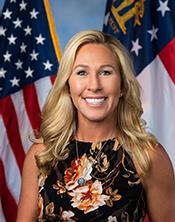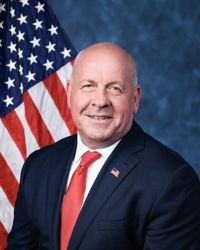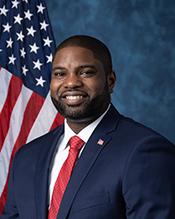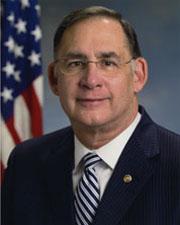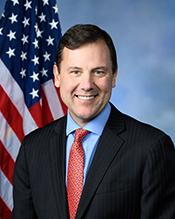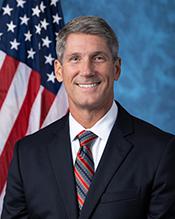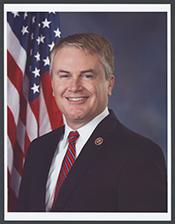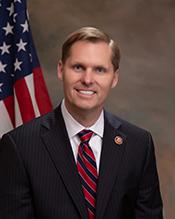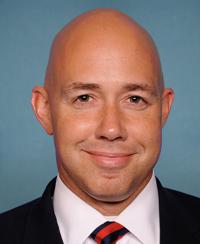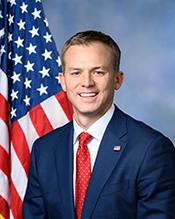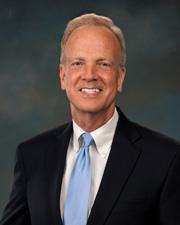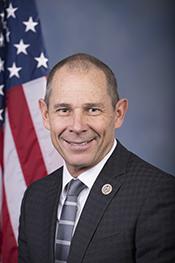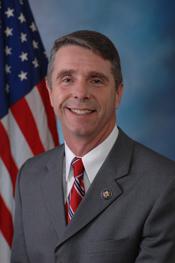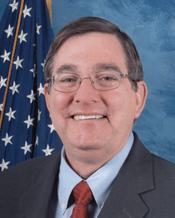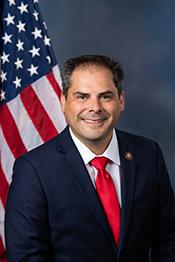H.R. 20: Richard L. Trumka Protecting the Right to Organize Act of 2025
The Richard L. Trumka Protecting the Right to Organize Act of 2025 aims to modify existing labor laws to better safeguard workers' rights and improve collective bargaining processes. The bill encompasses several key changes to the National Labor Relations Act, which governs labor relations in the United States. Below are the main components of the bill:
Definition of Employees
The bill provides a clearer definition of what constitutes an employee, which is crucial for determining who is eligible for collective bargaining and protections under labor laws. This definition aims to address the growing gig economy and classifications of workers in various sectors.
Strengthening Collective Bargaining
Enhancements to collective bargaining rights are a core focus of the bill. It seeks to streamline and protect the collective bargaining process, ensuring that workers can negotiate terms of employment more effectively with their employers.
Protection Against Unfair Labor Practices
The legislation addresses unfair labor practices by expanding protections for employees. This includes more stringent regulations against employers who may attempt to intimidate or retaliate against workers involved in union activities or collective bargaining processes.
Improving Union Election Processes
One of the significant changes proposed is the introduction of electronic voting in union elections. This aims to make the election process more accessible and secure, facilitating greater participation from workers when deciding on union representation.
Employee Rights Related to Strikes and Fair Share Agreements
The bill modifies provisions related to the rights of employees to strike, ensuring that workers can exercise their right to protest and seek better working conditions without facing undue penalties. Additionally, it addresses fair share agreements, which can require non-union workers to contribute to the costs associated with union representation.
Overall Goals
Overall, the Richard L. Trumka Protecting the Right to Organize Act of 2025 aims to empower workers, foster better labor relations, and enhance the ability of employees to organize and advocate for their rights in the workplace.
Relevant Companies
- AMZN - Amazon may be impacted as the bill strengthens collective bargaining rights and protections against unfair labor practices, potentially affecting workers' rights in its warehouses and logistics operations.
- TSLA - Tesla could experience changes in its labor practices and employee relations as the bill enhances protections around employee rights related to unionization.
- UBER - Uber may see changes due to the redefinition of employees, which could alter how its gig workers are classified and treated under labor law.
This is an AI-generated summary of the bill text. There may be mistakes.
Sponsors
212 bill sponsors
-
TrackRobert C. "Bobby" Scott
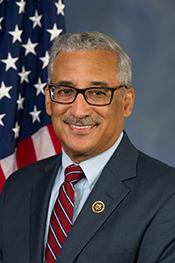
Sponsor
-
TrackAlma S. Adams
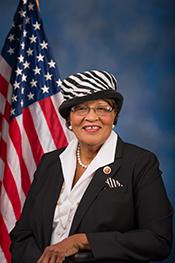
Co-Sponsor
-
TrackPete Aguilar
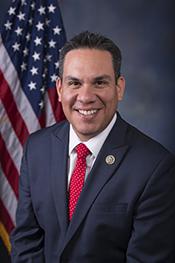
Co-Sponsor
-
TrackGabe Amo
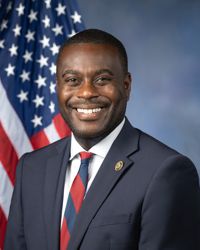
Co-Sponsor
-
TrackYassamin Ansari
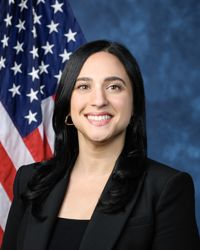
Co-Sponsor
-
TrackBecca Balint

Co-Sponsor
-
TrackNanette Diaz Barragán

Co-Sponsor
-
TrackJoyce Beatty
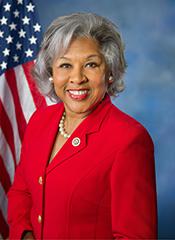
Co-Sponsor
-
TrackWesley Bell

Co-Sponsor
-
TrackAmi Bera
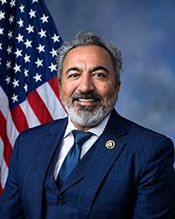
Co-Sponsor
-
TrackDonald S. Beyer, Jr.
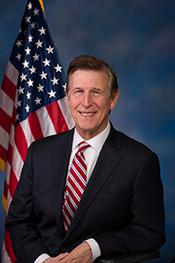
Co-Sponsor
-
TrackSanford D. Bishop, Jr.
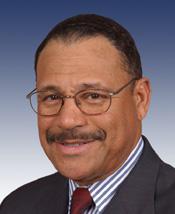
Co-Sponsor
-
TrackSuzanne Bonamici
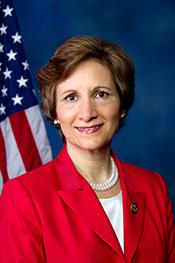
Co-Sponsor
-
TrackBrendan F. Boyle

Co-Sponsor
-
TrackShontel M. Brown

Co-Sponsor
-
TrackJulia Brownley
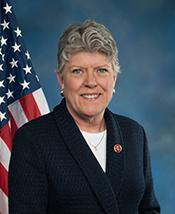
Co-Sponsor
-
TrackNikki Budzinski
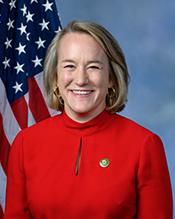
Co-Sponsor
-
TrackJanelle Bynum

Co-Sponsor
-
TrackSalud O. Carbajal
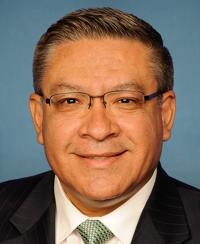
Co-Sponsor
-
TrackAndré Carson
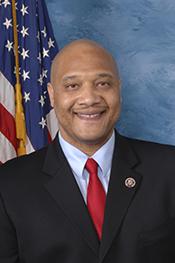
Co-Sponsor
-
TrackTroy A. Carter
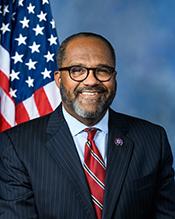
Co-Sponsor
-
TrackGreg Casar
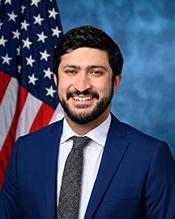
Co-Sponsor
-
TrackEd Case
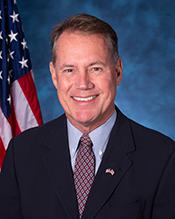
Co-Sponsor
-
TrackSean Casten

Co-Sponsor
-
TrackKathy Castor

Co-Sponsor
-
TrackJoaquin Castro
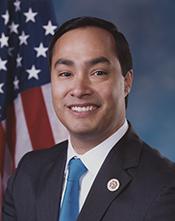
Co-Sponsor
-
TrackSheila Cherfilus-McCormick
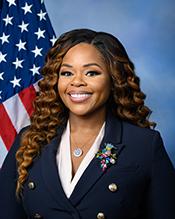
Co-Sponsor
-
TrackJudy Chu

Co-Sponsor
-
TrackGilbert Ray Cisneros, Jr.
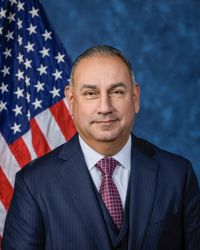
Co-Sponsor
-
TrackKatherine M. Clark

Co-Sponsor
-
TrackYvette D. Clarke

Co-Sponsor
-
TrackEmanuel Cleaver
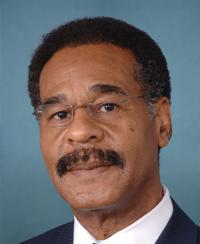
Co-Sponsor
-
TrackJames E. Clyburn

Co-Sponsor
-
TrackSteve Cohen
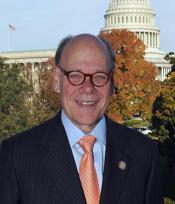
Co-Sponsor
-
TrackHerbert Conaway
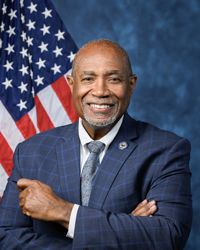
Co-Sponsor
-
TrackGerald E. Connolly
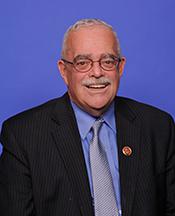
Co-Sponsor
-
TrackJim Costa

Co-Sponsor
-
TrackJoe Courtney
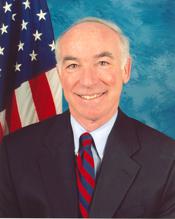
Co-Sponsor
-
TrackAngie Craig
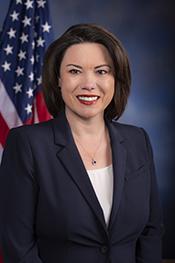
Co-Sponsor
-
TrackJasmine Crockett

Co-Sponsor
-
TrackJason Crow
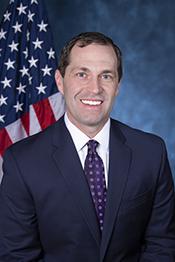
Co-Sponsor
-
TrackSharice Davids
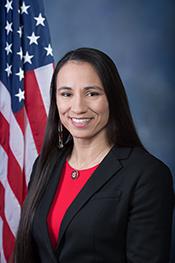
Co-Sponsor
-
TrackDanny K. Davis
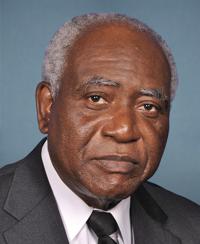
Co-Sponsor
-
TrackDonald G. Davis
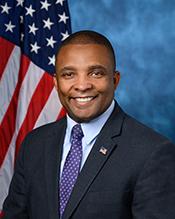
Co-Sponsor
-
TrackDiana DeGette
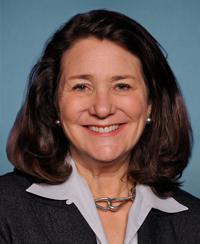
Co-Sponsor
-
TrackRosa L. DeLauro

Co-Sponsor
-
TrackMark DeSaulnier
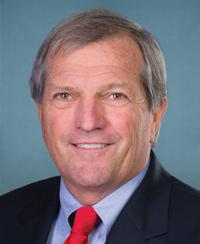
Co-Sponsor
-
TrackMadeleine Dean
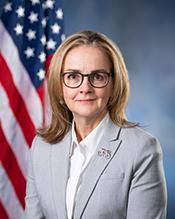
Co-Sponsor
-
TrackSuzan K. DelBene
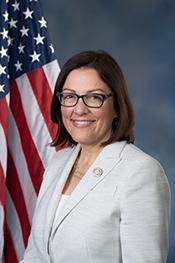
Co-Sponsor
-
TrackChristopher R. Deluzio

Co-Sponsor
-
TrackMaxine Dexter

Co-Sponsor
-
TrackDebbie Dingell

Co-Sponsor
-
TrackLloyd Doggett

Co-Sponsor
-
TrackSarah Elfreth

Co-Sponsor
-
TrackVeronica Escobar
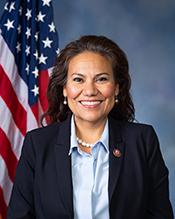
Co-Sponsor
-
TrackAdriano Espaillat
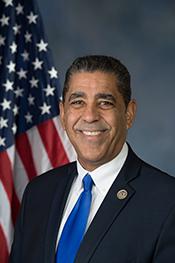
Co-Sponsor
-
TrackDwight Evans
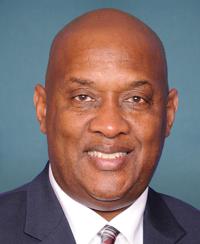
Co-Sponsor
-
TrackShomari Figures
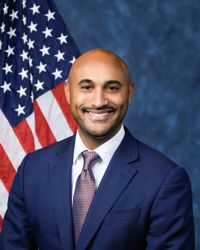
Co-Sponsor
-
TrackBrian K. Fitzpatrick

Co-Sponsor
-
TrackLizzie Fletcher
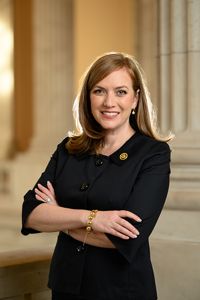
Co-Sponsor
-
TrackBill Foster
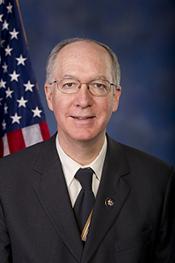
Co-Sponsor
-
TrackValerie P. Foushee
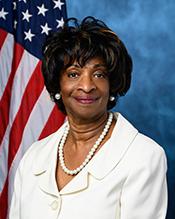
Co-Sponsor
-
TrackLois Frankel
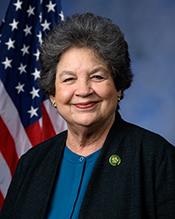
Co-Sponsor
-
TrackLaura Friedman

Co-Sponsor
-
TrackMaxwell Frost

Co-Sponsor
-
TrackJohn Garamendi

Co-Sponsor
-
TrackRobert Garcia
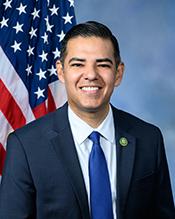
Co-Sponsor
-
TrackSylvia R. Garcia
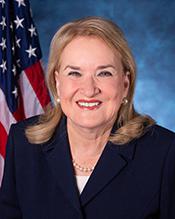
Co-Sponsor
-
TrackJesús G. "Chuy" García
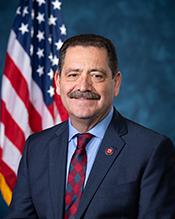
Co-Sponsor
-
TrackLaura Gillen
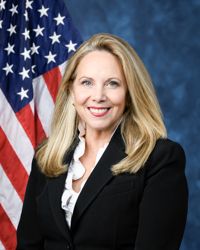
Co-Sponsor
-
TrackJared F. Golden
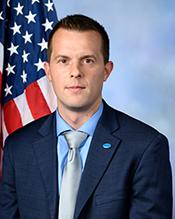
Co-Sponsor
-
TrackDaniel S. Goldman
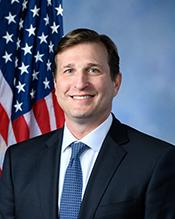
Co-Sponsor
-
TrackJimmy Gomez
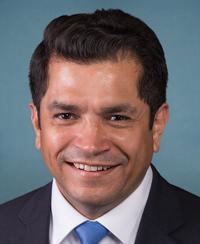
Co-Sponsor
-
TrackMaggie Goodlander

Co-Sponsor
-
TrackJosh Gottheimer

Co-Sponsor
-
TrackAdam Gray

Co-Sponsor
-
TrackAl Green
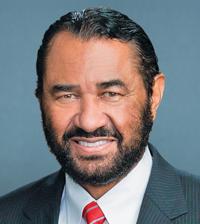
Co-Sponsor
-
TrackRaúl M. Grijalva
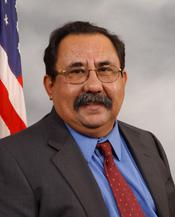
Co-Sponsor
-
TrackJosh Harder

Co-Sponsor
-
TrackJahana Hayes

Co-Sponsor
-
TrackJames A. Himes
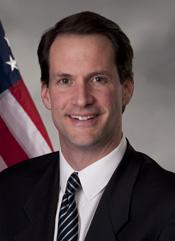
Co-Sponsor
-
TrackSteven Horsford
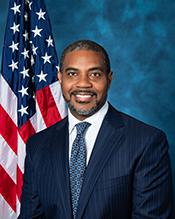
Co-Sponsor
-
TrackChrissy Houlahan
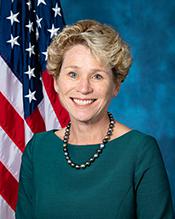
Co-Sponsor
-
TrackSteny H. Hoyer

Co-Sponsor
-
TrackVal T. Hoyle
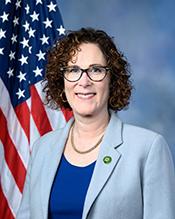
Co-Sponsor
-
TrackJared Huffman
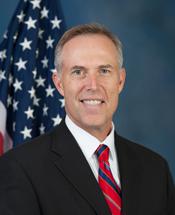
Co-Sponsor
-
TrackGlenn Ivey
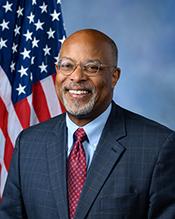
Co-Sponsor
-
TrackJonathan L. Jackson
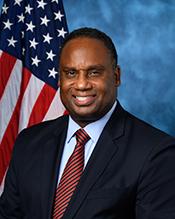
Co-Sponsor
-
TrackSara Jacobs

Co-Sponsor
-
TrackPramila Jayapal

Co-Sponsor
-
TrackHakeem S. Jeffries
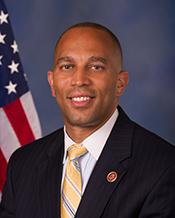
Co-Sponsor
-
TrackJulie Johnson

Co-Sponsor
-
TrackHenry C. "Hank" Johnson, Jr.
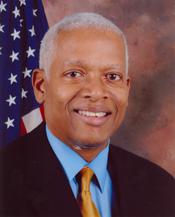
Co-Sponsor
-
TrackSydney Kamlager-Dove
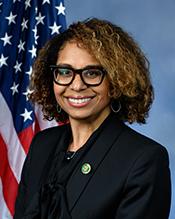
Co-Sponsor
-
TrackMarcy Kaptur

Co-Sponsor
-
TrackWilliam R. Keating
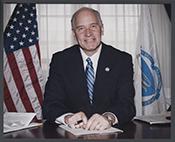
Co-Sponsor
-
TrackRobin L. Kelly

Co-Sponsor
-
TrackTimothy M. Kennedy
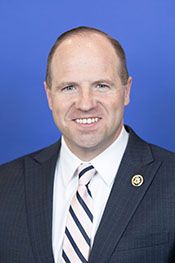
Co-Sponsor
-
TrackRo Khanna

Co-Sponsor
-
TrackRaja Krishnamoorthi
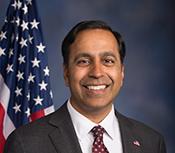
Co-Sponsor
-
TrackGreg Landsman
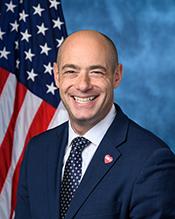
Co-Sponsor
-
TrackRick Larsen
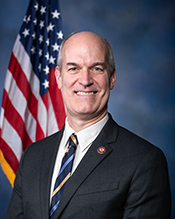
Co-Sponsor
-
TrackJohn B. Larson
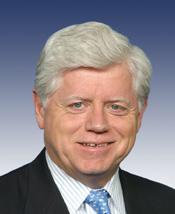
Co-Sponsor
-
TrackGeorge Latimer
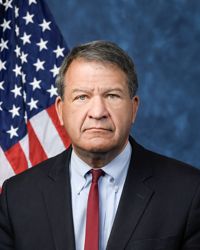
Co-Sponsor
-
TrackSusie Lee
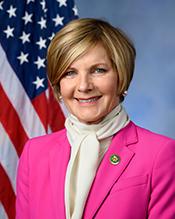
Co-Sponsor
-
TrackSummer L. Lee

Co-Sponsor
-
TrackTeresa Leger Fernandez
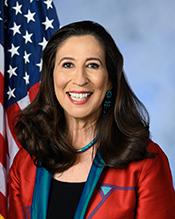
Co-Sponsor
-
TrackMike Levin
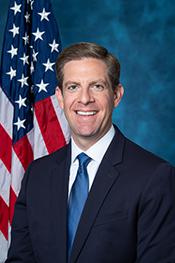
Co-Sponsor
-
TrackTed Lieu
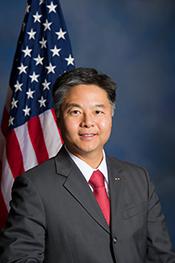
Co-Sponsor
-
TrackZoe Lofgren

Co-Sponsor
-
TrackStephen F. Lynch

Co-Sponsor
-
TrackSeth Magaziner
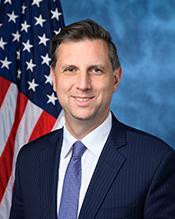
Co-Sponsor
-
TrackJohn Mannion
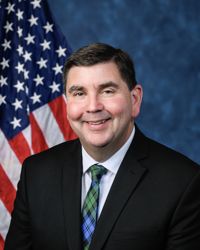
Co-Sponsor
-
TrackDoris O. Matsui

Co-Sponsor
-
TrackLucy McBath
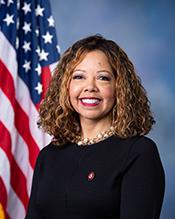
Co-Sponsor
-
TrackSarah McBride

Co-Sponsor
-
TrackApril McClain Delaney
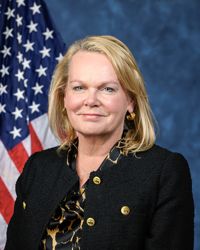
Co-Sponsor
-
TrackJennifer L. McClellan
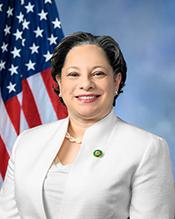
Co-Sponsor
-
TrackBetty McCollum
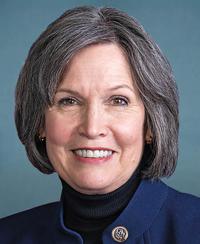
Co-Sponsor
-
TrackKristen McDonald Rivet

Co-Sponsor
-
TrackMorgan McGarvey
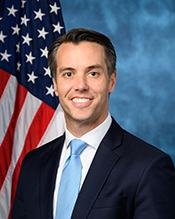
Co-Sponsor
-
TrackJames P. McGovern

Co-Sponsor
-
TrackLaMonica McIver

Co-Sponsor
-
TrackGregory W. Meeks
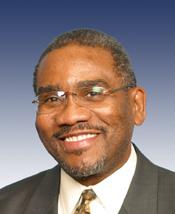
Co-Sponsor
-
TrackRobert Menendez

Co-Sponsor
-
TrackGrace Meng

Co-Sponsor
-
TrackKweisi Mfume
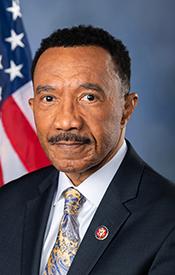
Co-Sponsor
-
TrackDave Min
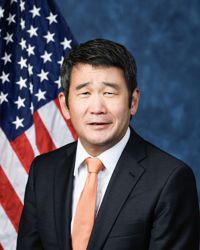
Co-Sponsor
-
TrackGwen Moore

Co-Sponsor
-
TrackJoseph D. Morelle
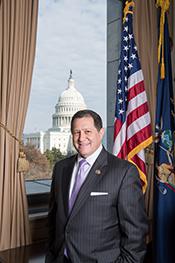
Co-Sponsor
-
TrackKelly Morrison
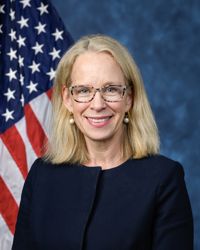
Co-Sponsor
-
TrackJared Moskowitz

Co-Sponsor
-
TrackSeth Moulton
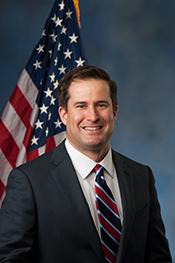
Co-Sponsor
-
TrackFrank J. Mrvan
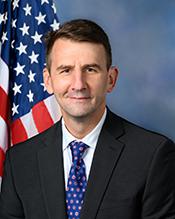
Co-Sponsor
-
TrackKevin Mullin
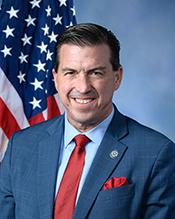
Co-Sponsor
-
TrackJerrold Nadler
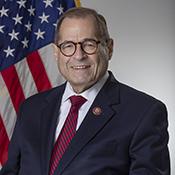
Co-Sponsor
-
TrackRichard E. Neal

Co-Sponsor
-
TrackJoe Neguse

Co-Sponsor
-
TrackDonald Norcross
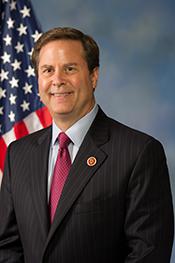
Co-Sponsor
-
TrackEleanor Holmes Norton

Co-Sponsor
-
TrackAlexandria Ocasio-Cortez

Co-Sponsor
-
TrackJohnny Olszewski
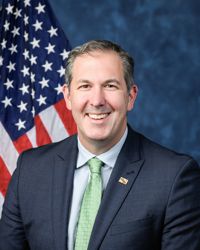
Co-Sponsor
-
TrackIlhan Omar

Co-Sponsor
-
TrackFrank Pallone, Jr.
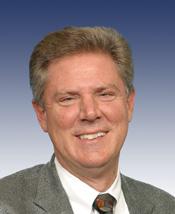
Co-Sponsor
-
TrackJimmy Panetta
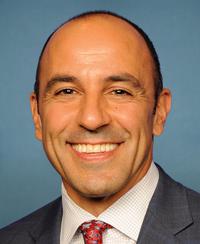
Co-Sponsor
-
TrackChris Pappas
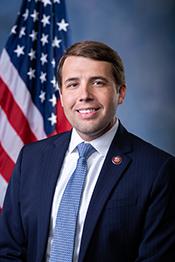
Co-Sponsor
-
TrackNancy Pelosi
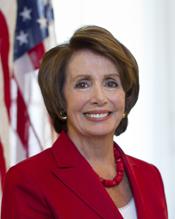
Co-Sponsor
-
TrackMarie Gluesenkamp Perez

Co-Sponsor
-
TrackScott H. Peters

Co-Sponsor
-
TrackBrittany Pettersen

Co-Sponsor
-
TrackChellie Pingree
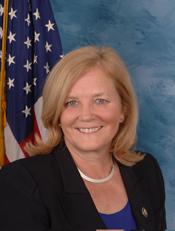
Co-Sponsor
-
TrackStacey E. Plaskett
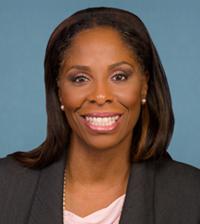
Co-Sponsor
-
TrackMark Pocan
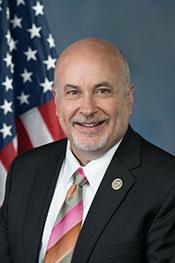
Co-Sponsor
-
TrackNellie Pou

Co-Sponsor
-
TrackAyanna Pressley
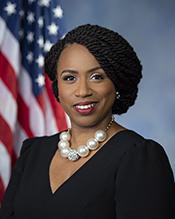
Co-Sponsor
-
TrackMike Quigley

Co-Sponsor
-
TrackDelia C. Ramirez
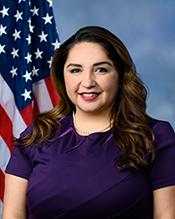
Co-Sponsor
-
TrackEmily Randall

Co-Sponsor
-
TrackJamie Raskin
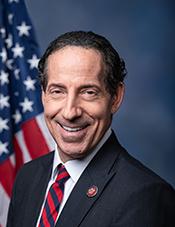
Co-Sponsor
-
TrackJosh Riley

Co-Sponsor
-
TrackLuz Rivas

Co-Sponsor
-
TrackDeborah K. Ross
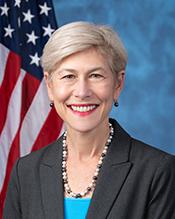
Co-Sponsor
-
TrackRaul Ruiz
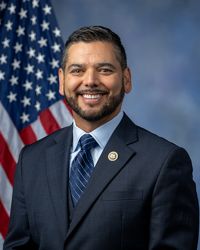
Co-Sponsor
-
TrackPatrick Ryan
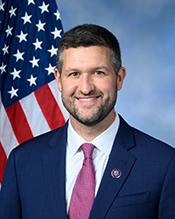
Co-Sponsor
-
TrackAndrea Salinas
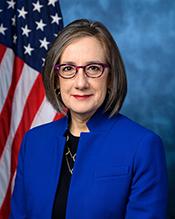
Co-Sponsor
-
TrackMary Gay Scanlon

Co-Sponsor
-
TrackJanice D. Schakowsky

Co-Sponsor
-
TrackBradley Scott Schneider
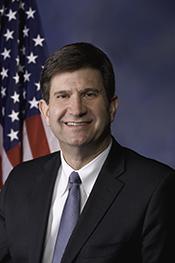
Co-Sponsor
-
TrackHillary J. Scholten
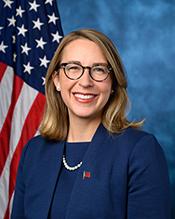
Co-Sponsor
-
TrackKim Schrier
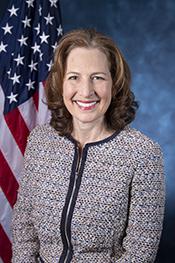
Co-Sponsor
-
TrackDavid Scott
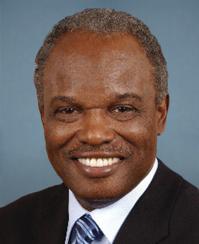
Co-Sponsor
-
TrackTerri A. Sewell
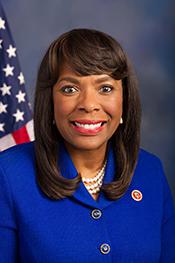
Co-Sponsor
-
TrackBrad Sherman
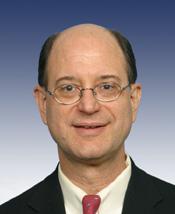
Co-Sponsor
-
TrackMikie Sherrill
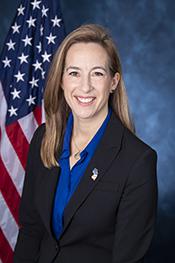
Co-Sponsor
-
TrackLateefah Simon

Co-Sponsor
-
TrackAdam Smith
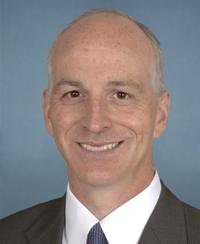
Co-Sponsor
-
TrackChristopher H. Smith
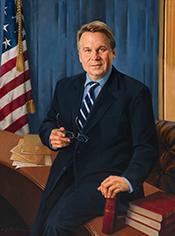
Co-Sponsor
-
TrackEric Sorensen
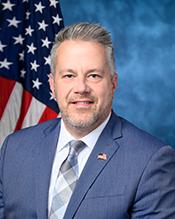
Co-Sponsor
-
TrackDarren Soto

Co-Sponsor
-
TrackMelanie A. Stansbury
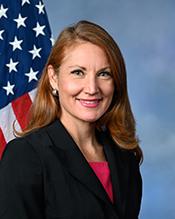
Co-Sponsor
-
TrackGreg Stanton

Co-Sponsor
-
TrackHaley M. Stevens

Co-Sponsor
-
TrackMarilyn Strickland
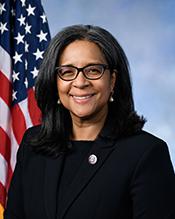
Co-Sponsor
-
TrackSuhas Subramanyam

Co-Sponsor
-
TrackThomas R. Suozzi

Co-Sponsor
-
TrackEric Swalwell
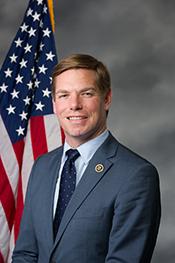
Co-Sponsor
-
TrackEmilia Strong Sykes

Co-Sponsor
-
TrackLinda T. Sánchez

Co-Sponsor
-
TrackMark Takano
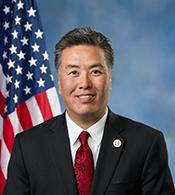
Co-Sponsor
-
TrackShri Thanedar
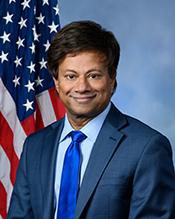
Co-Sponsor
-
TrackBennie G. Thompson
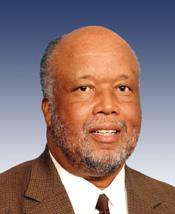
Co-Sponsor
-
TrackMike Thompson
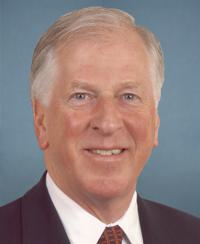
Co-Sponsor
-
TrackDina Titus

Co-Sponsor
-
TrackRashida Tlaib
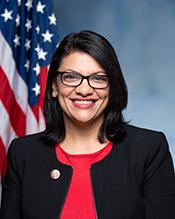
Co-Sponsor
-
TrackJill N. Tokuda
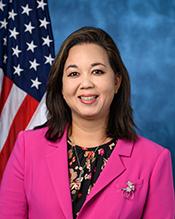
Co-Sponsor
-
TrackPaul Tonko

Co-Sponsor
-
TrackNorma J. Torres
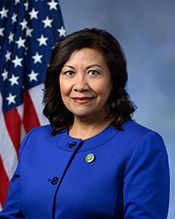
Co-Sponsor
-
TrackRitchie Torres
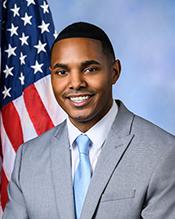
Co-Sponsor
-
TrackLori Trahan
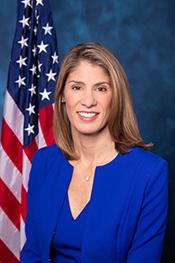
Co-Sponsor
-
TrackDerek Tran

Co-Sponsor
-
TrackLauren Underwood

Co-Sponsor
-
TrackJuan Vargas
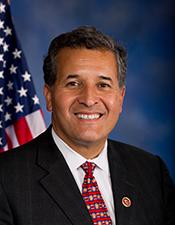
Co-Sponsor
-
TrackGabe Vasquez
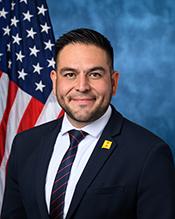
Co-Sponsor
-
TrackMarc A. Veasey
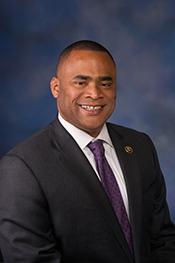
Co-Sponsor
-
TrackNydia M. Velázquez

Co-Sponsor
-
TrackEugene Vindman

Co-Sponsor
-
TrackDebbie Wasserman Schultz

Co-Sponsor
-
TrackMaxine Waters

Co-Sponsor
-
TrackBonnie Watson Coleman

Co-Sponsor
-
TrackGeorge Whitesides

Co-Sponsor
-
TrackNikema Williams
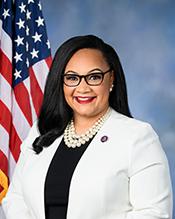
Co-Sponsor
-
TrackFrederica S. Wilson

Co-Sponsor
Actions
2 actions
| Date | Action |
|---|---|
| Mar. 05, 2025 | Introduced in House |
| Mar. 05, 2025 | Referred to the House Committee on Education and Workforce. |
Corporate Lobbying
0 companies lobbying
None found.
* Note that there can be significant delays in lobbying disclosures, and our data may be incomplete.
